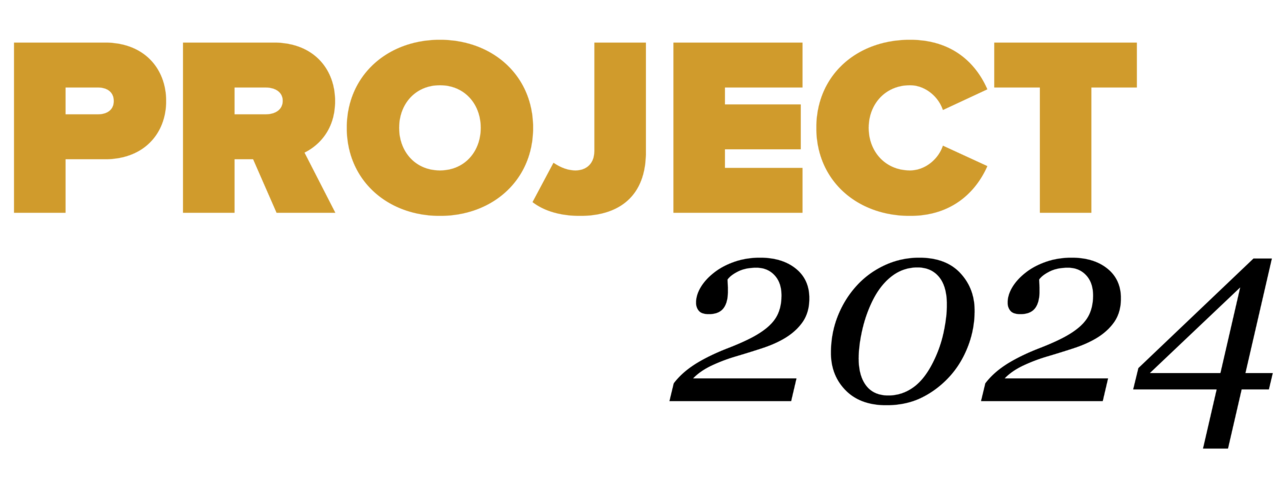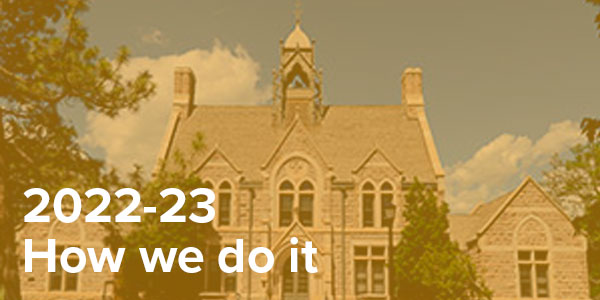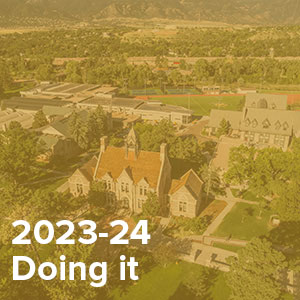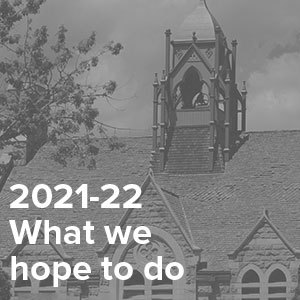Project 2024 Year One
Year One Report: What we heard

From mid-November through mid-March, Project 2024 Steering Committee members led conversations addressing the questions “How can we do what we do better?” and “What challenges facing higher education most affect CC?”
Read the Year One report here.
Send your thoughts about the report and any ideas for how to do what we do better to project2024@coloradocollege.edu.
Process
We are experiencing a transitional moment at CC, with new leadership and the evolving nature of the pandemic providing us with new opportunities to do things differently. Our society is grappling with necessary and important questions about structural inequities. Some are questioning the value of a liberal arts education. Times like these provide opportunities for us. I believe it’s both a critical and an opportune moment to ask ourselves this question: How can we do what we do better? I would like us to step back and consider the distance between our aspirations and our actions. I invite us to look ahead at the realities likely to affect higher education over the next several decades and to think about ways to address them. I ask us to engage in conversations that focus on the possibilities for our future rather than the challenges and problems of the past and present. Let’s dare to have visionary discussions about how we educate our students, capitalize on our unique strengths, and take advantage of the opportunities available to us to do what we do better.
— President L. Song Richardson, September 16, 2021
Process – How can we do what we do better?
Faculty & Staff
Faculty and Staff will be divided into random groups of 25 and invited to attend two discussions.
The first session addresses (a) how we can do what we do better and (b) challenges facing higher education. It lasts ninety minutes and is led by two facilitators from the Steering Committee who represent the same category as the group (i.e., staff lead staff and faculty lead faculty sessions). The discussion leaders prepare a summary and share it with the whole group prior to their second session. Background PowerPoint for first session.
Questions asked during the session:
- How can we do what we do better?
- What pressing issues face higher education in the next few decades?
These six challenges currently face higher education:
-
- Finances/Financial Model
- Changing demographics
- Access to higher education
- Digital knowledge
- Relevance of higher education
- Institutional complacency
Which of these threaten CC the most?
The second session is 60 minutes long and focuses on developing and refining the ideas generated in the first session. Representatives of different sectors of the college co-lead these discussions and forward summaries of the main themes of the conversation to Susan Ashley and Lyrae Williams.
What Facilitators Are Saying
“Participants didn’t need any encouragement to jump into their small group conversations. Enthusiastic and respectful.”
“They had so many ideas, and were super engaged.”
“Lots of ideas, lots of things to bring together to get to themes as we go.”
Students
Student engagement will include the following:
- Two sessions (one lunch and one dinner) in Block 5 open to all seniors and juniors on a first come, first served basis. Sessions will be limited to 30 students each. Registration will be required.
- Two sessions (one lunch and one dinner) in Block 6 offered to all sophomores and first-years, on a first come, first served basis. Sessions will be limited to 30 students each. Registration will be required.
- CCSGA session.
- President’s Council session.
- RA session.
Others
- Engagement with the Board of Trustees, Alumni, and Parents.
Staff sessions began in Block 4, Faculty and Student sessions will start in Block 5. Sessions will conclude at the end of Block 6.
In Blocks 7 and 8, the Steering Committee identifies common themes from the nearly 80 sessions and shares them with the broader campus community. Defining what we think we can and should do better sets the stage for figuring out how best to meet our goals.
The first year will conclude with a plan for translating our aims into action in 2022-23.
As of 4/28/2022
- Faculty: 148
- Staff: 278
- Students: 136
- Climate Survey: 569
- *Others: 16
* Other includes Board of Trustees, Alumni, and Parents
Faculty:
- Doug Edlin
- Sylvan Goldberg
- Neena Grover
- Marion Hourdequin
- Darrell Killian
- Christina Leza
- Corina McKendry
- Pamela Reaves
- Karen Roybal
Staff:
- Shannon Amundson
- David Bailey
- Matt Cooney
- Sarah Hinkle
- Mark Lee
- Ashley Nicholas
- Megan Nicklaus
- Naomi Trujillo
Students:
- Lily Byrne
- John Le
- Natalie Logue
- Pardes Lyons-Warren
- Cormac Mccrimmon
- Stephen Sigman
- Judson Thomas
- Doré Young
Additional Readings
Finances/Financial Model Changing demographics- Fischer, Karin and Sasha Aslanian, “Fading Beacon: The U.S. May Never Again Regain Its Dominance as a Destination for International Students. Here’s Why It Matters,” Chronicle of Higher Education, August 2, 2021.
- Harvey, Bryan C. “Teetering on the Demographic Cliff, Part 1,” Planning for Higher Education Journal, 49 (no. 4), July-September 2021.
- “Bold Action Required: How to More Effectively Support Students From Low-Income Backgrounds,” NACUBO, March 12, 2021.
- “Equity, Access, & Success: Confronting Racial Disparities in U.S. Higher Education,” NACUBO, November 12, 2020.
show all / hide all



